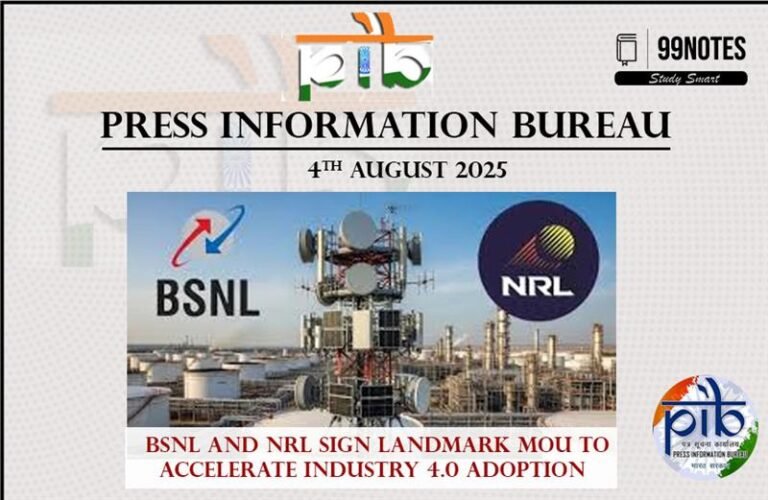17-May-2025 Daily Answer Writing
Q1) Critically evaluate the ethical and diplomatic implications of India’s objection to IMF’s aid to Pakistan, citing terrorism links.
(GS Paper 2, 15 Marks, 250 Words)
Answer:
India recently objected to the International Monetary Fund (IMF) releasing a $1 billion bailout tranche to Pakistan, arguing that such assistance indirectly funds terrorism. This objection came in the wake of Operation Sindoor, which targeted terrorist camps supported by Pakistan’s military establishment.
Ethical Implications:
-
Moral Responsibility of Donors: India contends that institutions like the IMF must ensure that financial aid does not empower regimes complicit in terrorism.
-
Accountability of Multilateral Aid: The lack of robust post-disbursement oversight by IMF raises questions about moral hazard and misallocation of global taxpayer resources.
-
Terror Financing Risks: Global Financial Action Task Force (FATF) has previously grey-listed Pakistan for inadequate control on terror financing—making India’s concern credible.
Diplomatic and Strategic Concerns:
-
Bilateral Tensions: India’s statement may strain regional diplomacy but also signals its intent to internationalize Pakistan’s complicity in cross-border terrorism.
-
Credibility as a Responsible Stakeholder: India reinforces its image as a principled actor demanding reform in global financial governance.
-
West’s Dilemma: The U.S. and its allies support IMF aid for geopolitical reasons, creating friction with India’s hard-security viewpoint.
Conclusion:
India’s objection marks a shift from bilateral protest to strategic diplomatic pressure on global institutions. While it may not stop IMF aid immediately, it raises valid concerns on ethical conditionality in international finance, warranting deeper reform in how aid is tied to responsible state behavior.
Read More – 16 May 2025 : Daily Answer Writing


